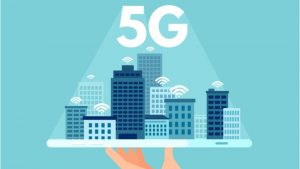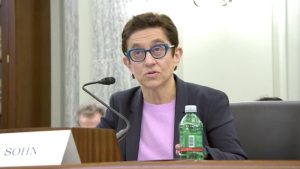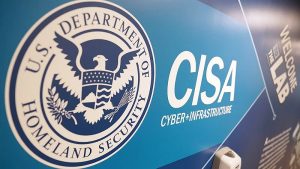The city of Baltimore has selected NWN Carousel as its private sector partner for the city’s $6.5 million investment in a next-generation public safety program. NWN Carousel, a cloud communications service provider, will help the city deploy a “911-in-a-Box” hybrid work experience for public safety agents tasked with taking 1.3 million calls per year.
A new survey has found that college students are earlier adopters of generative AI tools than faculty. The research also found that the majority of learners prefer hybrid, blended or online course formats.
As the state heads into an intense wildfire season, California is turning to artificial intelligence (AI) and other technologies to combat fires.
The city of Houston, Texas is hoping to hire a new digital broadband coordinator to help manage the development, implementation, and coordination of broadband initiatives and projects aimed at improving residential internet connectivity and affordability to close Houston’s digital divide.
In a move that takes Shark Week off the TV screen, New York Gov. Kathy Hochul announced that the state will deploy new shark-monitoring drones to local beach communities on Long Island and New York City.
The Senate Commerce, Science, and Transportation Committee has advanced the nomination of Anna Gomez to serve as a commissioner for the Federal Communications Commission (FCC), sending it to the Senate floor for a final vote.
U.S. Virgin Islands (USVI) Governor Albert Bryan has signed a Letter of Intent with CRISP Shared Services to participate in a data and interoperability pilot program.
Telecom policy veteran Gigi Sohn – who came out on the short end of a bruising nomination battle to become a commissioner at the Federal Communications Commission (FCC) earlier this year – joined the American Association for Public Broadband (AAPB) last month as the group’s executive director, according to her LinkedIn page.
The Cybersecurity and Infrastructure Security Agency (CISA) said its Cybersecurity Advisory Committee (CSAC) is renewing the charter for the 35-member committee through May 2025.
Federal Communications Commission (FCC) Chairwoman Jessica Rosenworcel is calling on agency commissioners to support her proposal to allow funding from the FCC’s E-Rate program to support Wi-Fi service on school buses, and to support Wi-Fi hotspots so that libraries, school libraries, and schools can check them out to patrons or students in need.
Archives
- June 2025 (1)
- December 2024 (1)
- November 2024 (1)
- October 2024 (1)
- September 2024 (1)
- August 2024 (1)
- July 2024 (1)
- June 2024 (1)
- May 2024 (1)
- April 2024 (1)
- March 2024 (1)
- February 2024 (1)
- January 2024 (1)
- December 2023 (1)
- November 2023 (1)
- October 2023 (1)
- September 2023 (1)
- August 2023 (1)
- July 2023 (1)
- June 2023 (1)
- May 2023 (1)
- April 2023 (1)
- March 2023 (1)
- February 2023 (1)
- January 2023 (1)
- December 2021 (1)
- October 2021 (1)
- June 2021 (1)
- May 2021 (2)
- April 2021 (2)
- March 2021 (4)
- February 2021 (1)
- February 2020 (1)
- October 2019 (2)
- September 2019 (3)
- August 2019 (1)
- July 2019 (2)
- December 2018 (1)
- February 2018 (1)
- September 2017 (3)
- November 2016 (2)
- October 2016 (3)
- September 2016 (1)
- April 2016 (1)









